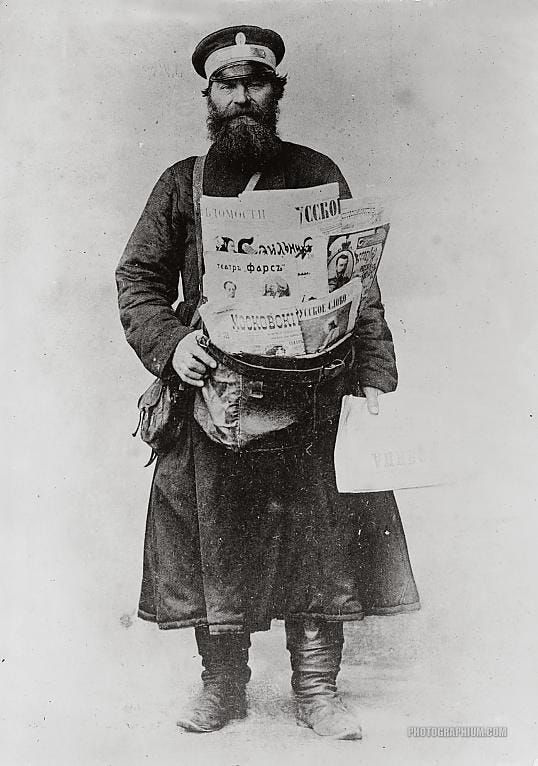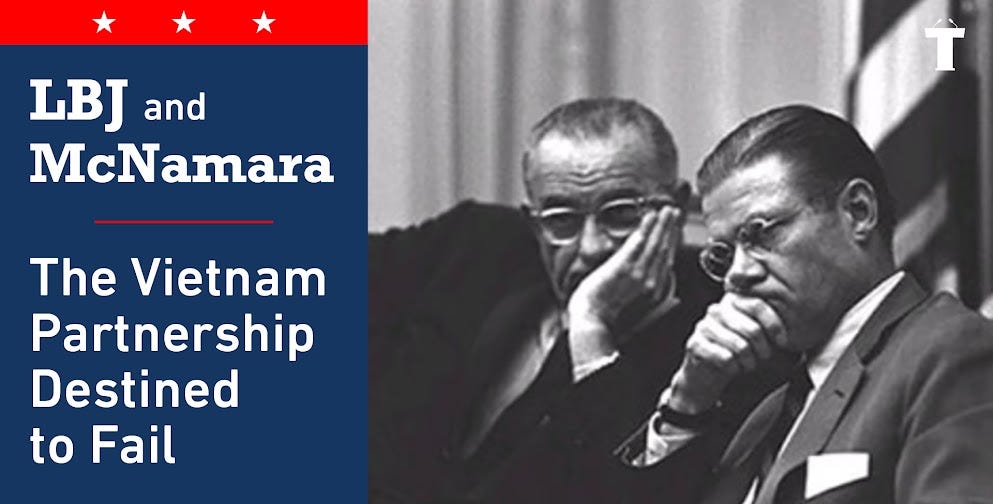Evan Gershkovich of The Wall Street Journal and Alsu Kurmasheva of Radio Free Europe/Radio Liberty are in Russian jails awaiting almost certain conviction at trials yet to be scheduled -- and maybe, only then, a trade. Much of the Western press no longer feels able to live inside Russia. The best Russian publications and journalists are in exile. There are laws making reporting a serious crime.
To use an old Kremlin term (being deployed elsewhere) Vladimir Putin sees journalism as “an enemy of the people.”
Even in Joseph Stalin’s time, there were foreign journalists based in Moscow, harassed and censored, and later, under his successors, mainly just harassed.
Yet somehow, over the years, vivid descriptions of Soviet life were written and widely read in the West, and small groups of dissidents drew international attention to KGB abuses and other downsides of the USSR’s authoritarian regime. In the glasnost era of Mikhail Gorbachev and the post-Soviet years of Boris Yeltsin, standards of journalism were established that had recognizable integrity and influence.
So, what now?
Recently I went to lunch with Neil MacFarquhar, one of The New York Times’s stellar Russia experts, winner of a Pulitzer and a former Moscow bureau chief now covering Russia from New York. I was intending to commiserate with him on the limitations of covering wartime Russia from a distance.
Neil is not the bragging sort, but by the end of lunch I had a different view of the situation.
Because of the internet, the prevalence of cellphones in the distant reaches of a vast landmass, and the ways computers and phones can be used now (VPNs to get around what used to be called jamming, for instance), MacFarquhar and his colleagues are providing a range of stories that for the most part those of us embedded in Moscow during the Soviet era could not – the idea of placing a call to a family in Siberia, for example, was farfetched.
The Times now has five staff correspondents on the beat – four based in Berlin, Neil in New York, and a retinue of contract reporters and translators posted elsewhere. One of the correspondents, Valerie Hopkins, a fluent Russian speaker, seems to be the one designated to travel to Russia, and she has written “mood of Moscow” pieces that I have found especially revealing.
Is she really safe? I certainly hope so.
(The Ukraine war has its own staffing, with a bureau in Kyiv.)
The rest of the extensive Russia coverage, usually including the input of several reporters, appears mostly without datelines, now an accepted practice for international coverage. Neil’s daily routine is hours spent online scrolling stories by publications operating in exile and working the phone to reach sources across the country. In one case, he explained, he and a colleague found seven land lines in one city and tried them all until reaching the person they were looking for.
I asked for a selection of headlines that have appeared in the Times, and Neil sent me this with links:
He Heeded Russia’s Call to Enlist. Five Months Later, He Was Dead.
https://www.nytimes.com/2023/03/06/world/europe/russia-soldier-casualties.html
How Russia Depicts Wounded Soldiers: As Heroes, or Not at All
https://www.nytimes.com/2024/02/15/world/europe/russia-soldiers-ukraine-war.html
What You Can Still Complain About in Russia: A Cat Thrown From a Train
https://www.nytimes.com/2024/02/02/world/asia/russia-pet-cat-train.html
They Refused to Fight for Russia. The Law Did Not Treat Them Kindly.
One Year Into War, Putin Is Crafting the Russia He Craves
https://www.nytimes.com/2023/02/19/world/europe/ukraine-war-russia-putin.html
I was surprised to learn that there are regional newspapers --- all digital --- that provide war reports with more detail than the national media, which is monitored and controlled by the Kremlin. Various independent Russian news agencies provide robust coverage, such as a joint effort by a news organization called Mediazona and the Russian language service of the BBC to count the named dead.
The Times has clearly decided to spend what is necessary to cover Russia and the war. I can’t really judge the rest of the major international media, which I don’t follow as closely. The Washington Post’s bureau chief, Robyn Dixon, is based in Riga, but with a Moscow dateline she launched a substantial series on Putin’s Russia, timed to his inauguration to a fifth term as president last week and billed as the result of extensive reporting over months. Another Post reporter, Francesca Ebel, a British citizen, periodically reports from inside Russia as well.
Lucy Papachristou, a brilliant young Russian speaking graduate of the Newmark Journalism School at City University in New York, is based in London for Reuters to cover Russia. Many other reporters also write from afar – reminiscent of a time long ago when China was covered from Hong Kong.
The BBC’s Steve Rosenberg has remained in Moscow, apparently navigating around the Kremlin obstacles, and has earned a reputation for sophisticated analysis, making his points in accessible language. Bravo, Steve!
So, what is missing?
It is harder to recreate from a distance the sights and sounds of people in restaurants and other gathering places than it would be sitting at the next table. When there are protests against the war, the footage usually shows the police breaking them up, which, alas, doesn’t look all that different from what we’ve been seeing on American campuses this spring. And it is hard to calibrate how interviews on the phone and in texts are influenced by the possibility of official monitoring.
Most of all, at least for me, is the question of how the Russian people -- the masses – have accustomed themselves to a society that has become a twenty-first-century version of the repressive Soviet years. In the decades since the implosion of the USSR, a great deal had to have changed in experience and expectations for what would be two generations of Russians.
There seems to be a sense of stoicism and even majority support for Putin and his objectives. Classic Russian history defines a society of acceptance that made it possible as far back as Napoleon and as recently as World War II for the people to withstand the pressures of conflict.
Sometimes in modern Russian history, events move slowly and then all at once. Think of the ouster of Nikita Khrushchev as Soviet leader in 1964. Or the literal end of the USSR on December 25, 1991, a fact that would have seemed inconceivable through the decades of superpower tensions in the Cold War.
The best of journalism – and tipping my hat to The New York Times and others now covering Russia from everywhere but there – is a representation of what is happening. And there is an imbalance in the coverage of this war, in which the Ukraine side is so visible from the front and the Russian side much less so.
Be impressed with what we have and, as always, wish there could be more.
****************************
Starting in June as an exclusive serial to run weekly on Peter Osnos’ Platform








This explains a lot that is sometimes hinted at in Times stories from Russia -- the mechanics of how they get good information even when they can't be there.